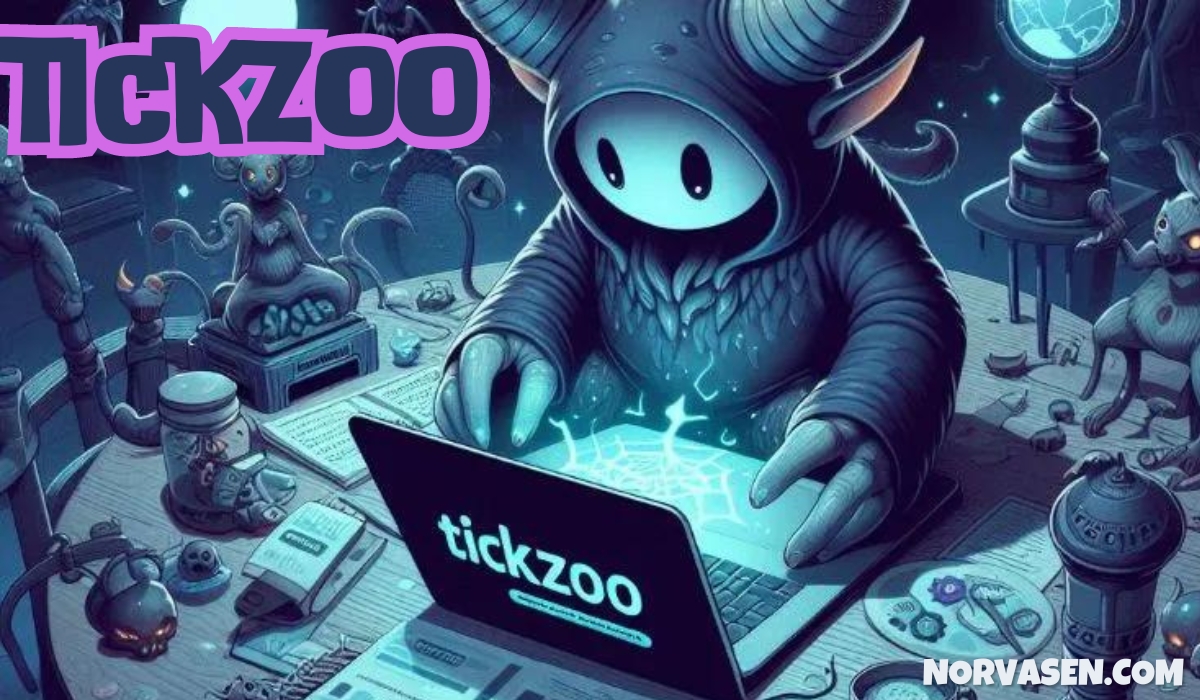Does the internet offer boundless freedom, or should its boundaries be carefully policed? The saga of Tickzoo serves as a stark reminder that the digital world's promise of unrestricted expression often collides head-on with the realities of law, ethics, and societal values.
Once a burgeoning platform, Tickzoo carved out a niche by catering to a specific, albeit controversial, audience interested in explicit and taboo content, most notably bestiality. Its existence ignited fierce debates surrounding censorship, freedom of speech, and the role of niche platforms within the ever-evolving digital ecosystem. For many users, Tickzoo transcended its function as a mere content repository; it fostered a sense of community and provided a space for exploration, however unconventional. Yet, this very pursuit of unrestricted content sharing ultimately led to the platform's downfall, as it faced mounting legal scrutiny, ethical condemnations, and financial hurdles, culminating in its closure amidst a storm of controversies and regulatory actions.
| Platform Name | Tickzoo |
| Founded | Early 2000s |
| Mission | To create a space for unrestricted content sharing, catering to users who felt censored by mainstream websites. |
| Target Audience | Individuals interested in explicit and taboo content, particularly bestiality. |
| Content Type | Provocative and controversial content, challenging societal norms. |
| Key Features |
|
| Controversies |
|
| Challenges |
|
| Outcome | Closure due to mounting controversies and regulatory actions. |
| Lessons Learned | Highlights the complexities of managing a platform dedicated to challenging content and the tensions between innovation, regulation, freedom of expression, and societal norms. |
| Reference | While a direct reference to Tickzoo itself is difficult due to its nature, understanding the broader context of internet regulation and content moderation is crucial. A good resource is the Electronic Frontier Foundation (EFF), which advocates for digital rights and free speech online. |


